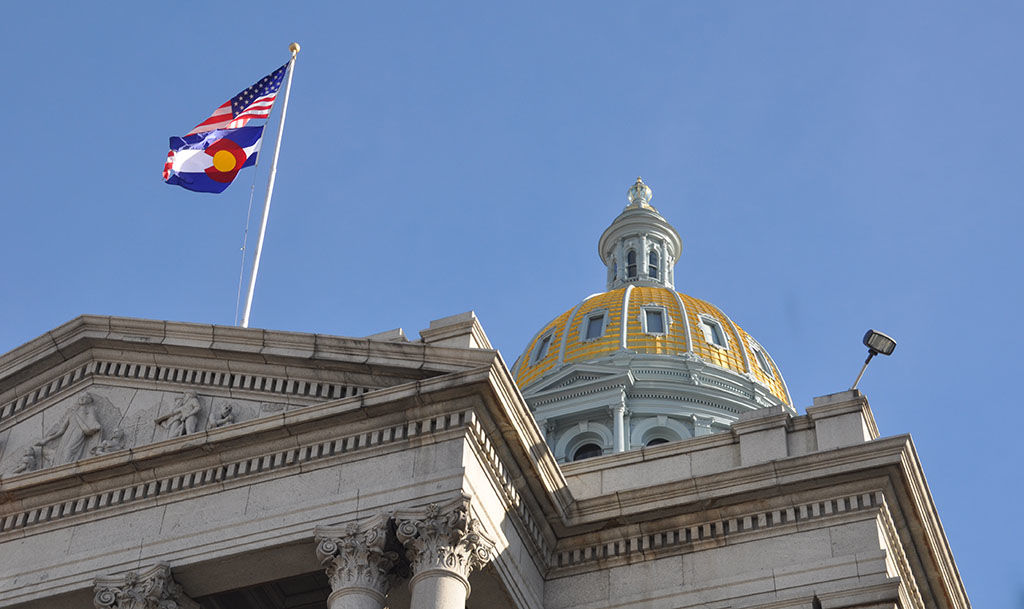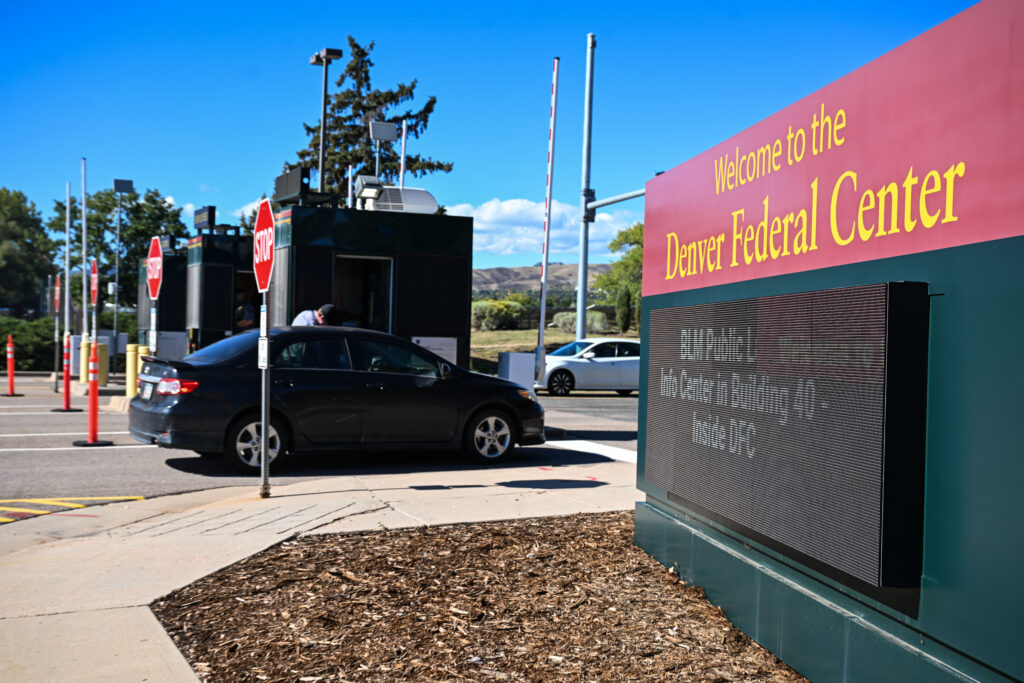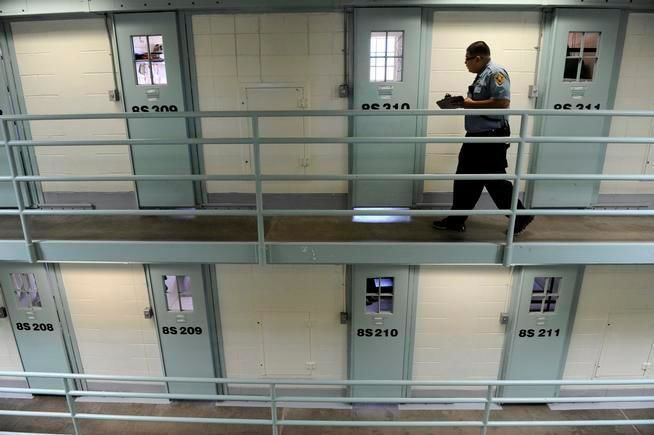Wrestling to predict state budget priorities as Trump era launches

Plans being pursued in Washington on major national policy areas such as health care, tax policy and infrastructure development will have enormous impact on state budgets. State officials and experts on state budgeting are wrestling with the uncertainty.
State and local government news and policy site Route 50 reports that on Thursday the Urban Institute hosted a panel of experts in Washington DC to consider some of the major questions hanging over state budget writers.
Colorado, same as states across the country, is bracing for major federal tax and spending changes and program rollbacks, and it’s no surprise repeal of the Affordable Care Act tops the list of concerns.
Debate has already opened at the Capitol on whether it is a good idea or a bad idea to eliminate the state’s Obamacare health insurance exchange, Connect for Health Colorado. Will the state exchange prove a shield for Colorado consumers against the increasingly unsure future of the federal insurance exchanges or will it become increasingly redundant and leave state taxpayers on the hook for millions or tens of millions?
At this point, discussion includes a lot of crystalballing.
The Trump administration and congressional Republican majorities are moving fast to repeal the law and slow on rolling out a fully formed replacement proposal. But the difference between “repeal” and “repeal and replace” represents a potentially enormous portion of a state budget.
Repeal without a replacement would leave states with two options, said Kim Rueben, project director of the Urban Institute’s state and local finance initiative, Route 50 reported. Rueben suggested that, in the end, the choice will be stark.
“If states do nothing, they’ll actually save a little bit of money, but millions of people will be uninsured,” she said. “If [states] decide that it’s unacceptable to have that many more people be uninsured, their costs are going to go up.”
It is difficult to imagine Colorado, with its constitutional restrictions on tax hikes, being able to act with any kind of nimbleness to keep Coloradans from falling off the insurance rolls.
Plans in Washington to block grant Medicaid funding to the states could well leave Colorado in a similar bind.
As Rueben put it, the problem is that block grant amounts would be fixed, even though Medicaid costs rise and fall. During economic downtimes – recessions, major workforce shifts – states would be left trying to take up the slack. But the Colorado budget is consistently tight, and the state simply can’t move fast to raise new revenue.
Again, Rueben said, there’s an upside and downside to the plan being proposed in Washington.
“States would have more discretion [on Medicaid spending], but they’d also have more responsibility for making sure that all the services are covered. Given that health care costs are growing much faster than most of the economy, that could leave them on the hook for more and more over time,” she said.
Federal funds now pay 62 percent of the national $532 billion Medicaid tab. Medicaid costs in Colorado come in at $7.4 billion, according to the Kaiser Family Foundation. Large-population states, red and blue, pay many times that amount. The bill in Texas is $36 billion; in California, it’s $85 billion.
Panel members noted that Trump administration plans on infrastructure might present similar tradeoffs.
The president’s infrastructure plan as presented so far would be based around tax breaks and private investment.
That suggests that projects that hold the promise of profit will top the list, but as panelist John Hicks, executive director of the National Association of State Budget Officers, put it “good projects” will draw investors but that won;t necessarily translate into more of the nation’s worn out infrastructure being upgraded or repaired.
“It’s really the quality of the project and its ability to make returns,” Hicks said.
Rueben put a finer point on the problem.
“We don’t necessarily want bridges falling down in Nebraska just because they don’t have the volume to pay,” Rueben said.
I other words, Denver International Airport might attract money to accelerate faster into the future. A mountain county wastewater project, not so much.
Similar discussions are underway in around the energy sector. How might a federal retreat from renewable energy projects affect the energy mix and energy industry investment on the ground in Colorado?
That’s a question a newly formed energy and environment state Senate select committee expects to try to answer this session.












